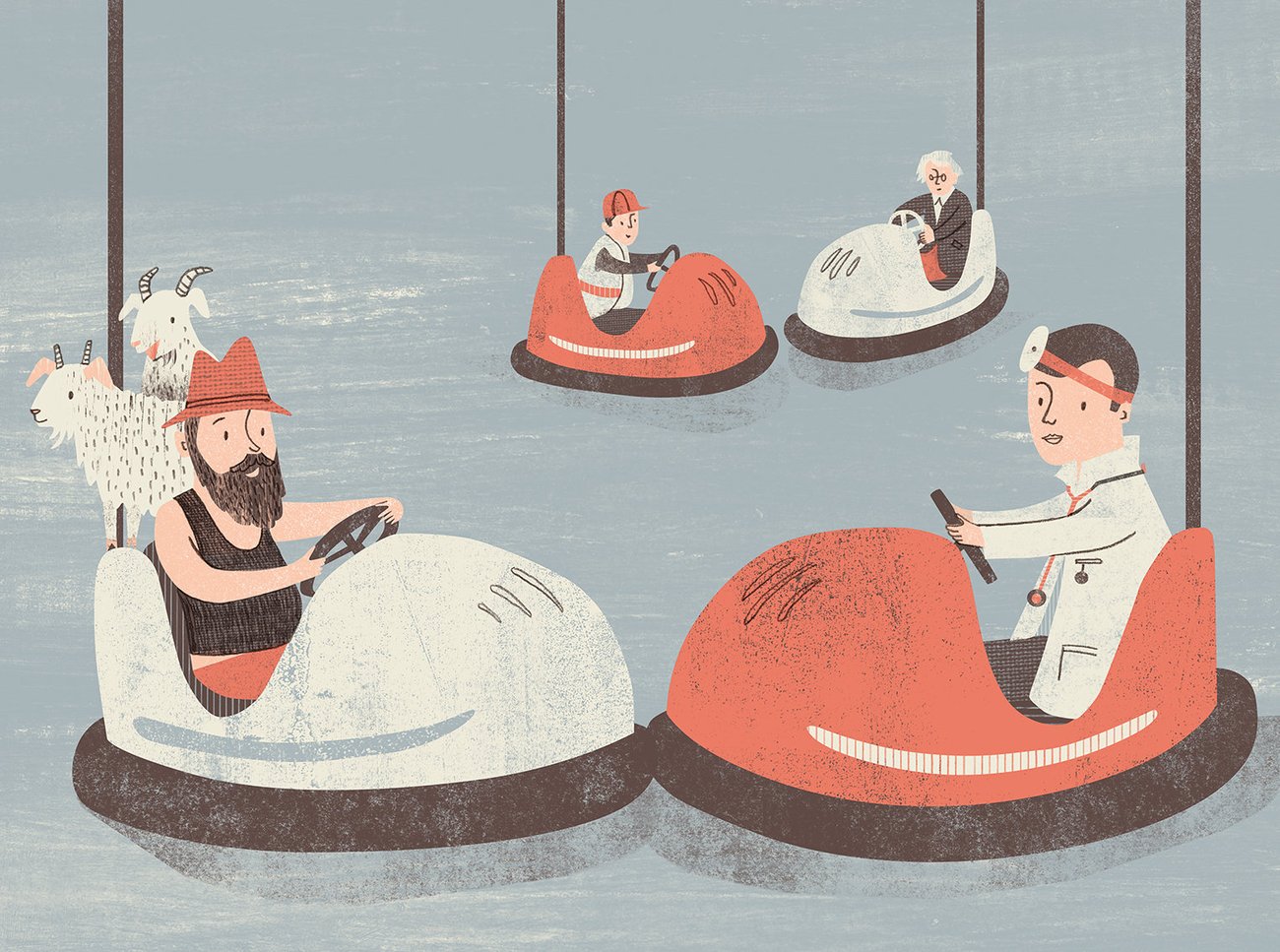The bumpy road to prosperity: Why human contact beats the internet every time

The great thing about the Internet, you see, is that it allows us to connect, share ideas, do business and run businesses from wherever we want. The tyranny of distance that has for so long simultaneously forced us to innovate and improvise while throwing up almost insurmountable barriers to export markets has been removed. Our population, scattered over a string of islands the length of the United States, can now connect as if they lived on the same street, rather than the same mostly empty stretch of ocean.
The billions we’re spending on ultrafast broadband will transform connectivity and innovation more in a decade than roads, airlines, telephones and broadcast media did in a century. Well that’s the dream, anyway. Shame it isn’t quite true.
I’ve been thinking about this a bit recently. If our investment in all this technology is to lead to anything more than faster kittens, you’d hope that the light at the end of the internet tunnel would be a neon sign reading “innovation.” You know, inventions, ideas, new things to make and sell or radically better ways to do what we already do.
“In places where doctors bump into poets, and engineers bump into goat farmers, ideas just seem to happen. And the bigger the city (at least going by the measure of patents) the more of them there are.”
A guy call James Webb Young had something to say about that early last century. He wrote in his book A Technique for Producing Ideas that a new idea is “nothing more or less than a combination of two existing ones.”
It makes sense when you think about it. Hard drive plus headphones equals iPod. iPod plus goats equals best-selling game Goat Simulator. And so on.
More recently, Auckland University’s Professor Shaun Hendy has been looking at the subject too, and believes that for those idea collisions to happen, the first two ideas have to be diverse. Two ideas about cows won’t necessarily lead to a great idea about cows. A cow idea crossed with a drone idea… different story.
So how does this relate to the internet? The worrying news is that in many ways it doesn’t. Hendy’s research looked at patents registered per 1000 people in different sized cities around the world. And the clear result was that the bigger the city, the higher the patent rate. Dispersed but well-connected populations can’t compete, it seems, with actual tightly-packed seething masses of humanity.
If you believe, like James Webb Young did, that ideas come about when other, different, ideas collide, then the straight lines of the internet start looking a little less attractive, and the random bumps you find in cities begin to seem a lot sexier. In places where doctors bump into poets, and engineers bump into goat farmers, ideas just seem to happen. And the bigger the city (at least going by the measure of patents) the more of them there are.
Those accidental, diverse, bumps do happen online, for sure, but they’re not what the internet is best at. Search engines give you what you’re looking for, not what you might unknowingly need. Social media famously creates filter bubbles, our self-selected friend worlds reflecting our preferences and biases rather
than challenging or expanding our thinking.
So what can we do about this? I’m not arguing that our investment in connecting New Zealand’s homes and businesses with high speed internet is wasted. But the straight lines of virtual connectivity need to sit alongside the bumpy ones of coincidental human contact.
As a country, we might want to reconsider seeing the growth of our cities at the expense of the provinces as a bad thing. As businesses, we might ask if the productivity and infrastructure gains of allowing people to work from home are nixed by a hit to our ability to meet up and innovate.
For us creative-directing goat farmer types maybe it means there’s something to be said for less time tweeting the usuals and a bit more time toasting strangers down the local.?
Vaughn Davis farms goats, flies aeroplanes, builds brands, hosts a radio show and tweets @vaughndavis. He once landed a big aeroplane on a sheet of floating ice in Antarctica but that was ages ago.




